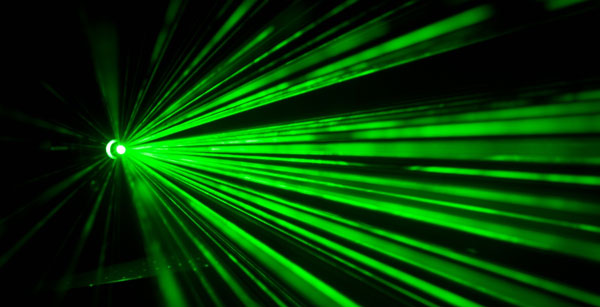In a groundbreaking moment for scientific advancement, engineer Antonia Toma initiates the activation of the world’s most powerful laser at a research center near Bucharest, Romania. Developed by French company Thales and leveraging Nobel prize-winning innovations, this laser holds the promise of transformative breakthroughs across various fields, from healthcare to space exploration.
The laser’s potential stems from the pioneering work of Nobel laureates Gerard Mourou and Donna Strickland, who were honored in 2018 for their groundbreaking contributions to laser technology. Their invention, Chirped-Pulse Amplification (CPA), revolutionized laser power by enabling the amplification of laser pulses while maintaining safety standards.
At the Romanian research center, Toma oversees the operation of the laser, navigating a complex array of indicators and controls. Despite the occasional stress inherent in such pioneering work, Toma expresses joy in the progress made and the collaboration with international researchers.
Mourou reflects on the journey that led to the development of this remarkable laser, describing it as an “incredible odyssey” that spans continents and decades. The technology, born out of the European Union’s ELI project, represents a monumental leap forward in laser capabilities.
The applications of this powerful laser are vast and far-reaching. Beyond its current use in corrective eye surgery, the laser holds potential for treating nuclear waste, cleaning up space debris, and even revolutionizing cancer treatment through compact and affordable particle accelerators.
Mourou envisions the 21st century as the age of the laser, heralding a new era of scientific discovery and innovation. As the world witnesses the dawn of this transformative technology, the possibilities for advancements in science and technology appear boundless.
The unveiling of the world’s most powerful laser in Romania marks a pivotal moment in human history, offering a glimpse into a future where the boundaries of scientific achievement are pushed ever further.
